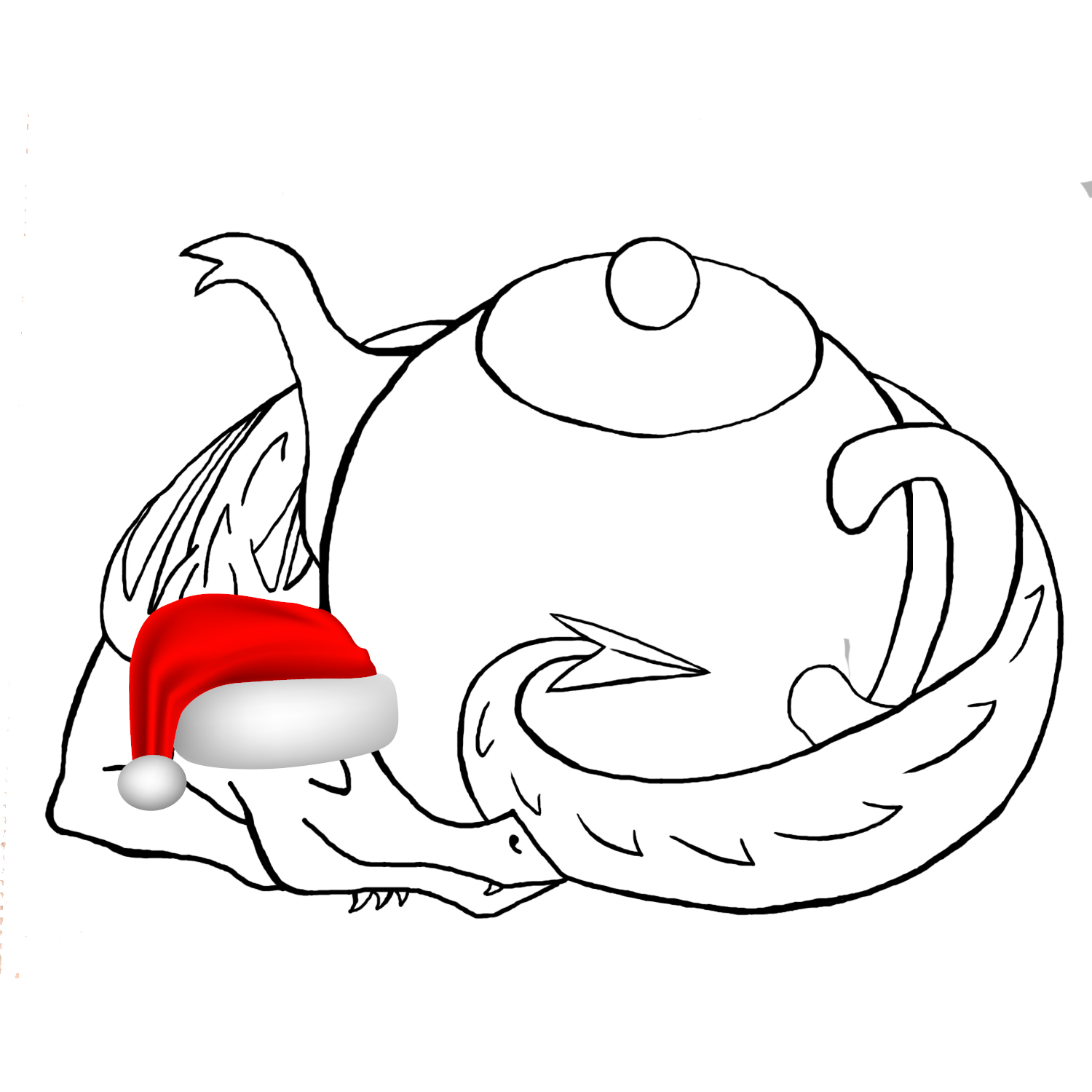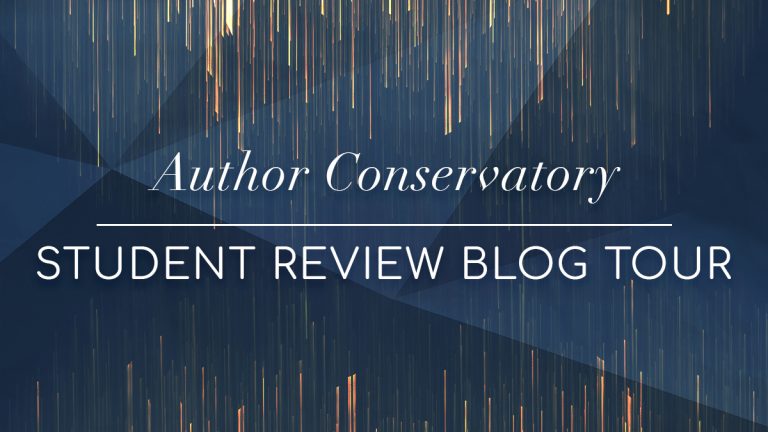Write What You Know?
Write what you know.
It’s the age-old mantra passed down from seasoned authors to frustrate budding wordsmiths. Fantasy writers in particular find themselves bucking against the maxim.
There was nothing remarkable about my upbringing and childhood. Though it might have been a little different to that of those around me, it was different in very normal ways. In my mind, this made it even more run of the mill than the lives of my friends whose preteen years were littered with holidays to Tenerife and days off to be bridesmaids at their parents’ weddings.
Stories didn’t tell of the perceived monotony, they aided my escape from it.
Despite the fact that by high school I began to draw back from my childish dream of being a writer, my parents still encouraged the wordfoolery. One evening, mum took me to an event at the local university where a man called William Feinnes (author of The Snow Geese and The Music Room) was giving a talk.
He was an excellent speaker, unobtrusive but captivating. He did not flog us ten easy steps to getting published, nor did he attempt to dazzle us with eloquent but empty verbosity. The man spoke simply and humbly and said just this:
Write what you know.
In the instant that the sentence escaped him, I felt a little cheated.
But I don’t know anything.
I suspect that there are plenty of dormant writers out there, particularly young writers, who feel this way too.
How is one ever to write like C. S. Lewis if one has never met a talking lion? How does one follow a band of brave heroes across Middle Earth if one has never been in possession of a soul-corrupting ring forged by a dark Lord? And how does one pen the epic saga of two children travelling alone across colonial America in search of their father if one has only ever left their housing estate on the occasional package holiday to Benidorm?
Do you see the frustration of such advice? Yet that was William Feinnes’ most valuable nugget of wisdom and I’m unexpectedly grateful for it.
Write what you know.
Then he told us some stories. He told us about a class he had run for schoolchildren and how he had given them the very same advice to help them try to improve their writing. They had answered that they had nothing to write about but he had persevered with them. The story which stayed with me was the boy who wrote about an old wreck of a car on his housing estate, wheel-less and propped up on bricks, and how he had played in it when he was small.
I wanted to have at least one book published by the time I was twenty but God put other demands on my time and I’m glad that it was not to be. Back then I didn’t understand the wisdom of writing what we know and it was evident in the distinct lack of depth to my stories.
Looking back, I’m beginning to see how I’ve been learning the truth of William Feinnes’ words all along. I am learning the truth behind what has become a cliché.
Write what you know.
Because when you write what you know you are not only showing people what the world looks like from where you are standing, you are helping them learn by showing them things through someone else’s eyes.
Obviously this works for writing about all sorts of real things like family or faith or books, but writing what you know just doesn’t seem to make sense for fantasy writers. The nib doesn’t fit.
How then shall we write?
The same principle still applies. It’s only now that I’m finally beginning to learn to write what I know that I have finished the first draft of my manuscript and didn’t abandon it long ago, like so many of the others.
I’ve never been in a real sword fight. I’ve never escaped from a French convent. I’ve never belonged to the Guild of Light Collectors or owned my own sky ship. I’ve never been hunted through the woods on horseback. Sadly I’ve never driven a submarine from the middle ages across Loch Ness because I was late for a bake sale.
Various characters from my various shelved WIPs have done these things but even so, I’m writing what I know. You can write incredible, unbelievable, fantastical tales without ever having experienced them yourself while still writing what you know. For example, here are a few things I do know, and you may know too.
I know what it is like to have a family. I know what it is for people to be cruel to you. I know what it feels like to be heartbroken and what it is to be thousands of miles from home and longing for a familiar face or a word in a familiar tongue. I know what it’s like to lose loved ones who should have had decades ahead of them, to lie awake at night aching for the dawn. I know the simple pleasure of a meal cooked over an open fire. I know what it is to climb a mountain just to watch the sun rise. And I know what it is to have people who will always have your back.
Sure, you may never find yourself stealing books from Hitler’s Birthday bonfire but you can understand how it feels to see beautiful volumes lying unloved and uncared for and the hunger to read them. You may never traverse the length and breadth of Aerwiar but if you’ve ever been hiking in the wilds of Scotland, that’s close enough (minus the toothy cows). You don’t need to have been evacuated from London during the blitz to know the joy that true friends bring.
You just have to begin with that basic foundation of what you know and then build your story around it.
In Aurelius there is a scene in which one of the main characters, Nina, sits awake all night, terrified that Paxton won’t make it until morning. Many of her emotions were emotions that I knew from a different situation. Some of the conversations that Nina has with her parents in this section have atmosphere, actions, reactions, and principles drawn from conversations with my own parents about completely different topics.
So much of it is taken from ‘what I know’ and yet the entire thing is fiction.
Writing what you know is about coming to understand how you see the world around you and working out from there how you see other worlds. It is about finding your own voice and creating something with it that only you can. You alone have seen all the things you’ve seen and seen them from your point of view. You alone know your deepest thoughts and reactions to the events that have transpired in your life. You alone have lived through the particular combination of moments that led you to this point and that is what should make your voice and the story you tell with it unique.
Sadly I will never write anything quite like The Book Thief because I am not Markus Zusak. You will never write Lord of the Rings because you have not lived Tolkien’s life. Neither will you be able to claim the beauty of Precious Bane as your own because you are not a Victorian Romantic writer.
Then again, none of these people will ever be able to write our stories either.
Hearing William Feinnes has always stayed with me though I’ve not yet had the opportunity to read anything by him and I’ve never heard anyone talk about him since.
But his words kept a spark alive for many years until it finally caught again and bled into the paper in front of me. I haven’t forgotten (although I forgot meeting Jacqueline Wilson, Nick Hesketh, and the blind guy who wrote the Roman novel) because he told us the truth, pure and simple. His message reminds me that of course I can be a writer. It’s not mysterious, it’s not complicated, it begins with this:
Write what you know.






